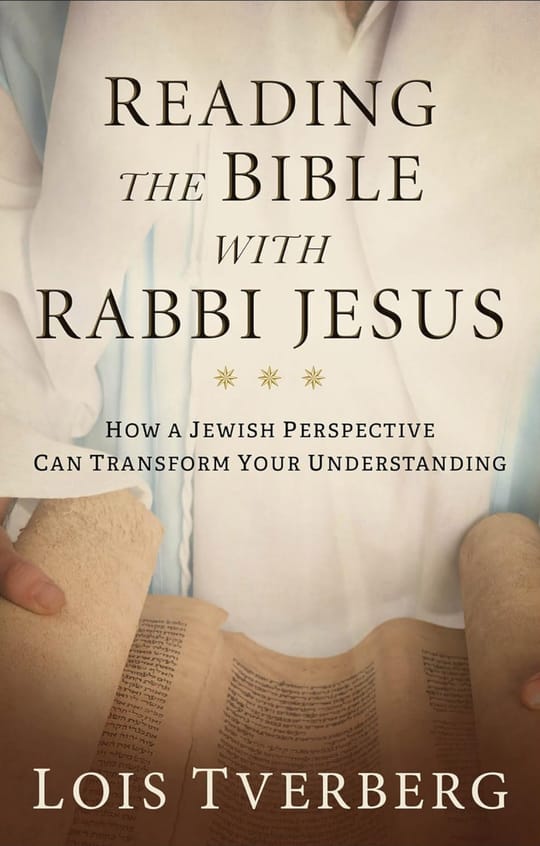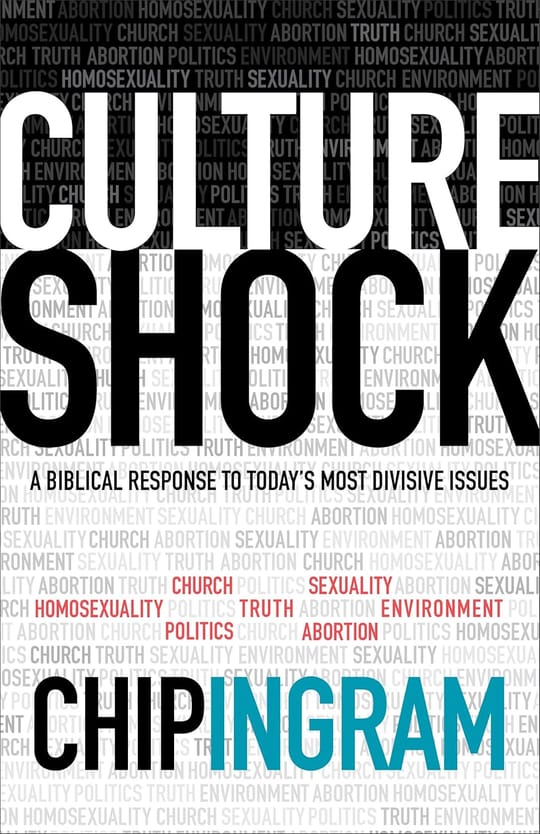Book: 5 Hebrew Words Every Christian Should Know: Unlocking the Bible’s Original Meaning
Author: Lois Tverberg
📚 Quick Synopsis
In 5 Hebrew Words Every Christian Should Know, Lois Tverberg highlights five key Hebrew words that reveal the depth, richness, and practical meaning of biblical faith. Far more than vocabulary lessons, these words open a window into the heart of Scripture and the worldview of Jesus and His people. Each word is unpacked in a short, accessible chapter with examples from both the Old and New Testaments—giving readers a fresh perspective on familiar verses.
🛒 Amazon Description
The Bible was written in a foreign language, in a culture very unlike our own. Understanding just a few key Hebrew words can deepen your knowledge of Scripture, strengthen your relationship with God, and transform the way you read the Bible. In this short book, Lois Tverberg introduces five powerful Hebrew words every Christian should know—words that reveal a more vibrant and active faith than many of us realize. With clear examples and devotional insights, this is a perfect resource for personal study or group discussion.
“Knowing these words helps you hear the Bible the way Jesus and His disciples would have heard it.”
🇮🇱 Why Understanding the Jewish Background of Jesus Matters
When Jesus taught, He wasn’t just using the Hebrew language—He was building on centuries of Jewish tradition and thinking. The Bible’s original languages carry ideas that don’t always translate neatly into English. By recovering the Jewish roots and the meanings behind key Hebrew terms, we’re better equipped to grasp what Scripture is actually saying and live it out more faithfully.
✡️ 5 Words to Know
- “Shema” (hear) means more than listening—it means responding in obedience. Hebrew hearing is doing.
- “Shalom” (peace) is not just the absence of conflict but the presence of wholeness, health, and harmony.
- “Chesed” (lovingkindness) describes God’s loyal, covenantal love that never gives up.
- “Yirah” (fear) doesn’t mean terror—it means awe-filled reverence that leads to obedience.
- “Davar” (word) means both “word” and “thing”—God’s word always brings action and reality.
🔑 Main Points
- The Hebrew language is rich in meaning and spiritual depth.
- Biblical words often carry action-oriented implications.
- Understanding key Hebrew terms changes how we read familiar Scriptures.
- Faith, in the Hebrew sense, is lived out more than thought about.
- Jesus taught and lived from this Hebrew worldview.
✅ Action Steps
- Pick one Hebrew word to study more deeply. Look for it in both Old and New Testament passages.
- Pray Scripture using these words. Reflect on “shalom” or “chesed” in your daily prayers.
- Challenge assumptions. Let these words reshape how you define concepts like love, fear, or obedience.
- Teach one of these words to someone else. It will help solidify your understanding and spread biblical insight.
- Read the Bible slowly. Watch for places where these words appear and consider what they meant in context.
Bottom Line
The more we know about the Bible, the more we know God who gave it. Two thousand years have passed since Jesus walked the Earth and even more has passed since the Old Testament. We need to dig deep to become reacquainted with our roots.









